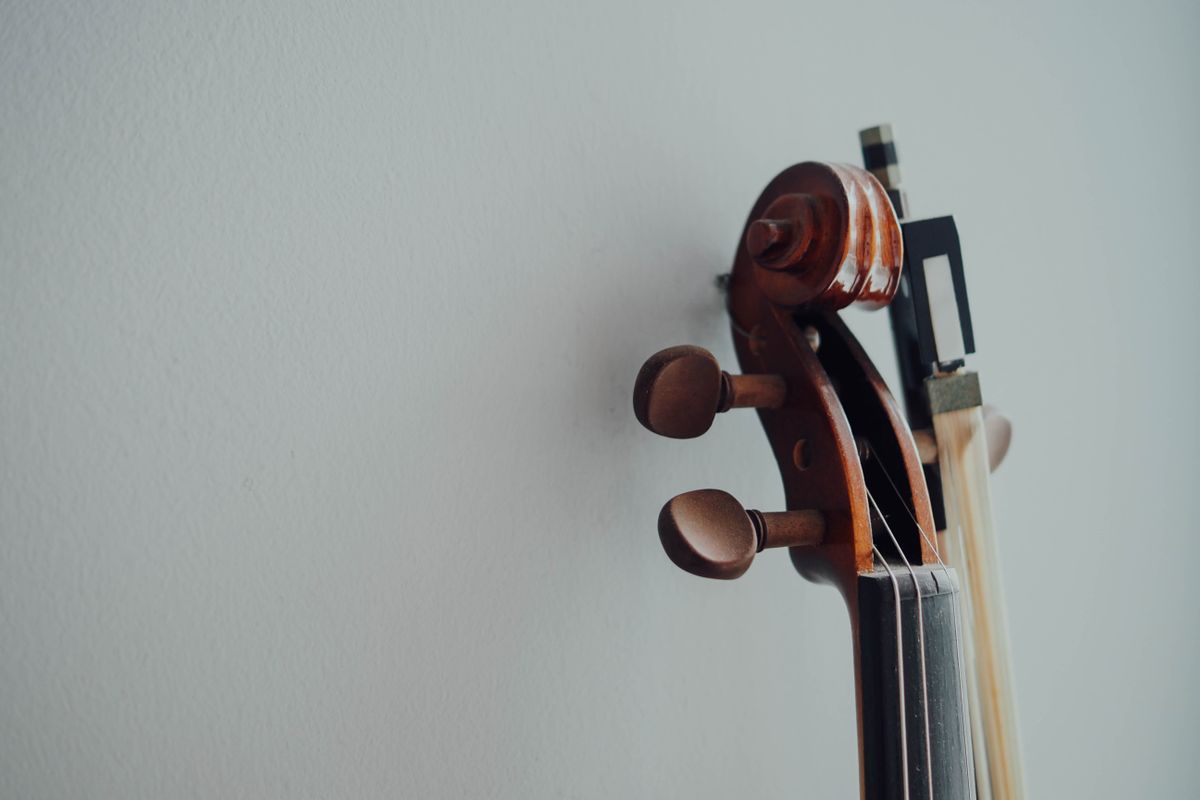Whether you are a beginner starting out at four or forty years old, playing violin will undoubtedly teach the art of patience; learning to have patience early in your musical journey, will be useful as you progress. It is absolutely natural to want to achieve something quickly and easily at any age-whether you are working on your very first piece ever, or the Tchaikovsky Violin Concerto as a seasoned professional. However, before one’s performance at perhaps Carnegie Hall in New York City, there are three components that will undoubtedly lead to faster success and goal achievement including patience, practice, and persistence.
For many people, when the word practice is mentioned, the thought of long hours of non-stop practice comes to mind. However, the amount of practice that an individual puts in, varies on many factors including: age, skill level, and specific goals at any given point. For instance, a five year old beginner will only be able to practice for ten minutes at a time, whereas a twelve year old will be able to practice for two hours straight because of the ability to focus longer as we get older and more mature. Moreover, an adult preparing for a solo recital may put in five to six hours per day because of a concert that he or she has coming up, and the deadline to be ready is approaching. However, no matter the age, goal, or skill level, when it comes to practicing, it is important to remember that practice is not the length of time one practices, instead, it is the quality of practice. When I teach, no matter the student’s age or skill level, I always make sure to teach each person how to practice efficiently. Efficiently being the key concept. In other words, let us say the student is working on two separate pieces at one time. I always make sure that only a specific section consisting of a few lines in each piece is focused on during that week’s practice. Put differently, I may assign four or five lines in one piece and three lines in the other, and the student’s job is then to focus on those lines for that week. By doing this, efficient practice is achieved; just like any sport, playing violin requires repetition and attention to detail, and by focusing on only specific lines each week, the precision and muscle memory needed to master each section, is achieved. Unfortunately, there is no short cut to being a great violinist, it does take smart, efficient, and concentrated practice. In my years of teaching, I have found that students who truly stick to their individualized practice plan that they are given every week, faster results are seen, and progress is quicker. Practicing a few lines per week ensures that through repetition, consistency will develop which in turn will result, in a better, more solid performance come time for a concert or recital. I strongly discourage always playing a piece straight through. It is okay to do so from time to time, but again, focusing on small sections of a piece will not only save time in our busy lives, but also guarantee better consistency. Of course, being able to discipline yourself to practice only assigned sections, takes patience because learning to understand the importance of repetition in practice, will again, save time and lead to a successful and satisfying performance.
Perhaps the most important concept is persistence. As with anything in life, it is imperative to not give up when certain pieces or a particular technique is challenging or when a performance does not go as well as expected. Throughout a person’s musical journey, understanding that persistence is the key to becoming better and better, is an important factor. Put another way, persistence is what will lead to patience and efficient, quality practice. Having the drive to improve on a given piece or technical skill through consistent practice even when things get a bit tough, is how great success is achieved. Moreover, persistence is being able to accept that not every thing that is practiced on a given day, will always sound exactly the same, or as good perhaps. However, being able to accept that there may be great practice days and not so great days, will allow for better progress; this is mainly due to the fact that if a person does not put him or herself under pressure that everything has to be perfect all the time, the person is able to remain more relaxed during practice. Also, having persistence allows us to come back day after day to improve and become better violinists.
Patience, practice, and persistence are all incredibly important contributing factors to becoming a successful violinist, and perhaps the best way to apply each of the three factors to your musical journey is using the following rule of thumb that the great UCLA Gymnastics Coach, Ms. Valorie Kondos Field, is famous for telling her student-athletes during practice at the gym: “strive to be 1% better every single day”. I absolutely love this quote and idea because it is extremely applicable to playing violin. In other words, set smaller goals each day, that will help you become 1% better towards your overall goal, and by setting smaller, attainable goals each day, you will get the satisfaction that you are moving in the right direction towards your goal with patience, practice, and persistence.

